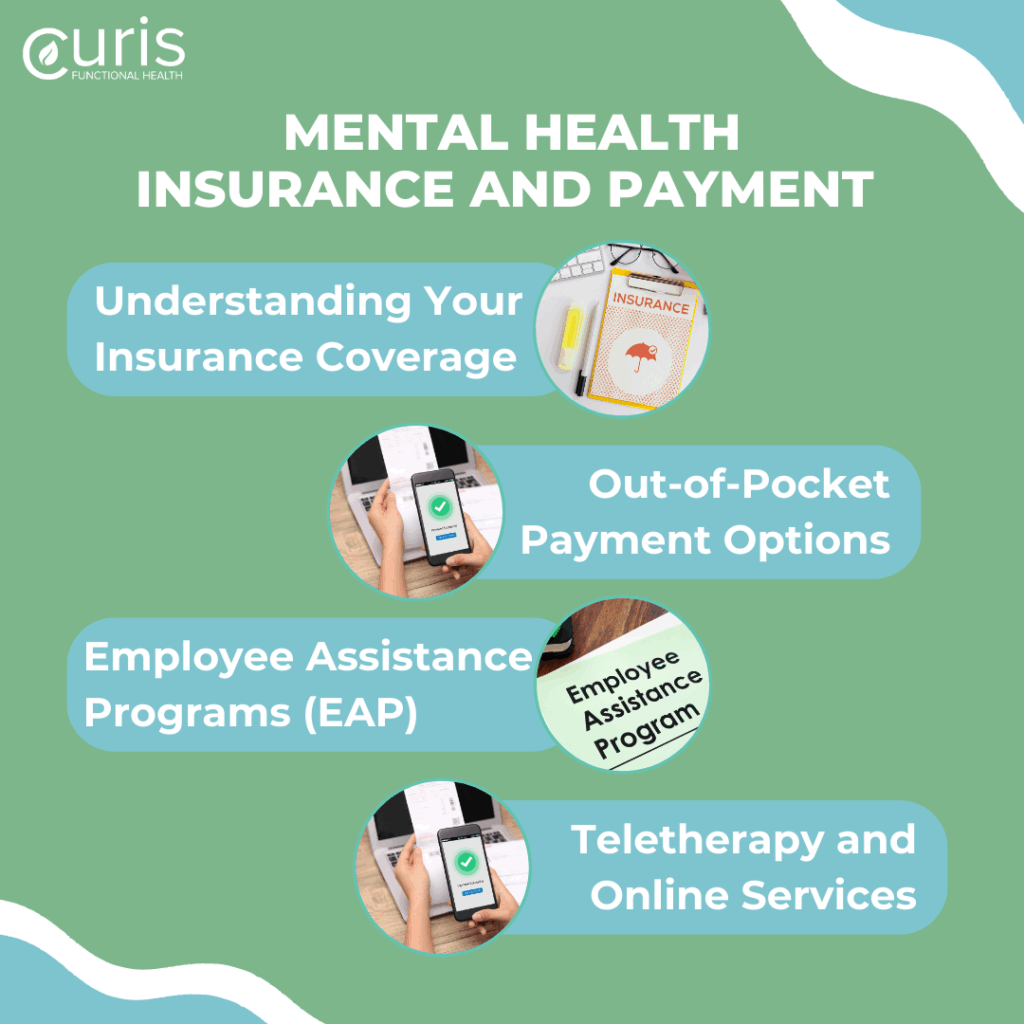
Mental health therapy is an important aspect of taking care of oneself. It can help individuals cope with mental health issues, stress, and trauma. However, many people may feel hesitant about seeking therapy due to financial concerns. Fortunately, there are various options available to make therapy affordable and accessible. This blog will explore some of the ways to navigate insurance and payment options for mental health therapy.

Understanding Your Insurance Coverage
The first step in navigating insurance and payment options is to understand your insurance coverage. Most insurance policies offer some form of mental health coverage. However, mental health coverage may vary depending on the type of insurance plan you have. For instance, some plans may offer coverage for outpatient therapy but not inpatient therapy. It is essential to review your policy to understand what is covered and what is not.
Additionally, it is important to note that mental health coverage may have limitations, such as
the number of sessions allowed per year, the amount of reimbursement, or the requirement of
pre-authorization. It is advisable to speak with your insurance company to clarify any questions
you may have regarding your coverage.

Out-of-Pocket Payment Options
For individuals who do not have insurance coverage, or whose insurance does not cover mental
health therapy, there are still options for accessing care. Many therapists offer a sliding scale
fee, which means they adjust the cost of therapy based on the individual’s income. Additionally,
there are community mental health clinics, non-profit organizations, and religious organizations
that offer mental health services at reduced or no cost.

Employee Assistance Programs (EAP)
Many employers offer employee assistance programs (EAP) that provide employees with access to mental health services EAP services are often free, short-term, and confidential. They may include assessment, counseling, and referral services. EAP services may also cover other issues such as financial or legal concerns.

Teletherapy and Online Services
Teletherapy and online therapy services are becoming increasingly popular due to their convenience and affordability. Many therapists offer virtual therapy sessions, which can be accessed from the comfort of one’s home. Online therapy services also offer affordable and flexible options for therapy. It is important to research the provider’s qualifications, credentials, and reputation before using online therapy services.
Final Thoughts
Navigating insurance and payment options for mental health therapy can be challenging. However, it is essential to prioritize mental health care and seek support when needed. Understanding insurance coverage, exploring out-of-pocket payment options, utilizing employee assistance programs, and considering teletherapy and online services are all viable options for accessing mental health therapy. Remember that seeking mental health care is a valuable investment in oneself, and there are options available for making it affordable and accessible. Check out Curis’s teletherapy options to see if it’s right for you! Learn more about getting connected with a Mental Health Therapist at https://gocuris.com/mental-health/.
